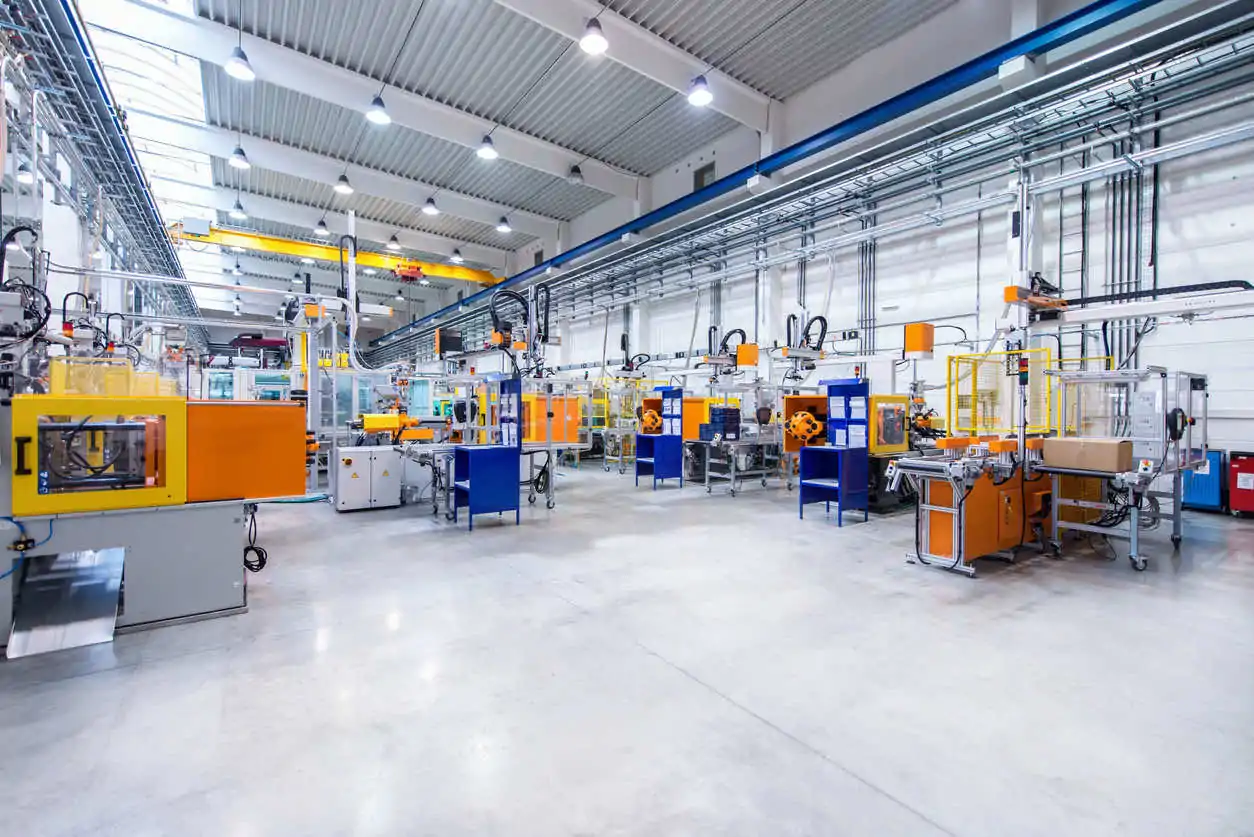Computer-aided Modeling of Manufacturing Processes
Halcor invests continuously in Technology & Research aiming to introduce optimized materials and services in a holistic technical approach.

In this framework, computer-aided tools, such as CAD, FEA, and CFD can be exploited for engineering analysis tasks of various manufacturing processes.
CAD (Computer-aided Design) modeling is used to create, modify, analyze and optimize parts and assemblies. The analysis of CAD models can be carried out by FEA (finite element analysis), which is a computerized method used for predicting how parts and assemblies react to real-world physical loads, such as pressure, temperature, vibrations, creep and fatigue. Manufacturing processes may include several forming processes of copper tube (e.g. bending, expansion). Such processes can be simulated with FEA in the direction of product/process optimization and reduction of industrial trials.
For example, a key process of manufacturing fin and tube heat exchanger’s used for air conditioning and refrigeration applications is mechanical expansion. During mechanical expansion, an inner tool (bullet), with an external diameter slightly larger than the internal diameter of the tube, is forced to move inside of the tube so that the tube is plastically deformed and fixed permanently onto the aluminum fins.
After mechanical expansion the tube’s geometry is altered. Research on the effect of mechanical expansion on the tube side heat transfer is being researched within tHalcor’s Tube Heat Transfer Laboratory. Expanded and non-expanded tubes can be tested under fully controled experimental conditions in a comparative basis.
In the framework of R&D of heat-exchangers utilizing TALOS®IGT tubes, Halcor in collaboration with ELKEME has developed a FEA model of mechanical expansion with the aim to :
• Simulate the expansion process in a virtual 3D environment.
• Predict the distribution of mechanical stresses and deformation of tube and fins.
• Predict the required load to move the expansion bullet.
• Understand the effect of dimensional and process parameters on the mechanical expansion.
• Analyze the root and cause of potential mechanical expansion defects.
The mechanical expansion simulation combined with the Heat Transfer Laboratory services offer a superior advantage to Halcor’s clients, in the direction of product and manufacturing process optimization.

